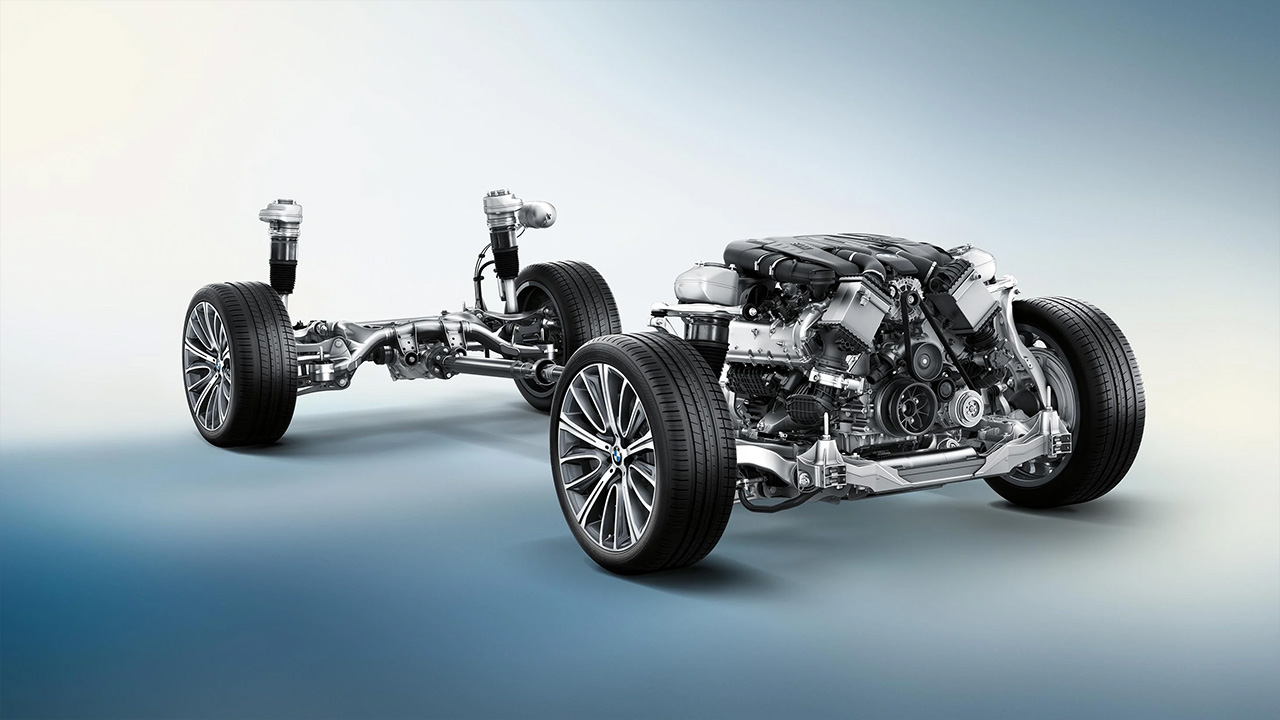Despite the global trend toward electrification, BMW has refrained from setting an end date for its much-cherished internal combustion engines.
Reports from the beginning of this year have confirmed that BMW is hard at work on a new generation of gasoline and diesel engines with four, six and eight cylinders. These engines, according to available information, are expected to remain in production well into the next decade, primarily finding their home in the automaker's SUV lineup.
While rival brands like Audi and Mercedes-Benz have announced ambitious timelines for transitioning to pure EV lineups, BMW is charting a different course. Speaking to CarExpert, Frank Weber, a member of the board of management for BMW Group development, made it clear that BMW will not announce an end date for its internal combustion engines. Weber expressed that BMW envisions a future where internal combustion engines coexist harmoniously with electrified offerings, giving customers a seamless choice between ICE and BEV powertrains for the next 10-15 years.
“What you see today is how we master the powertrain flexibility as part of our strategy… people don’t have to make powertrain choices and then with it, make vehicle choices. They just say; ‘I take whatever my preference is’ and still get a 5 Series. It’s a true advantage for us,” Webber explained to the online publication.
BMW's decision not to set an end date for internal combustion engines goes against the prevailing industry trend. Mercedes-Benz has stated its intention to go all-electric by 2030, depending on market conditions. Audi, on the other hand, plans to phase out internal combustion models by 2033, with some flexibility based on customer demand and regulatory considerations.
In addition to its commitment to traditional internal combustion engines, BMW is also aggressively pursuing an electrification strategy. The company has set a goal of generating at least 50 percent of its sales from battery-powered electric vehicles by the end of the decade. This dual approach is designed to appeal to a broader range of consumers, allowing them to choose the powertrain that best suits their needs without compromising on their preferred vehicle models.
Source: CarExpert

